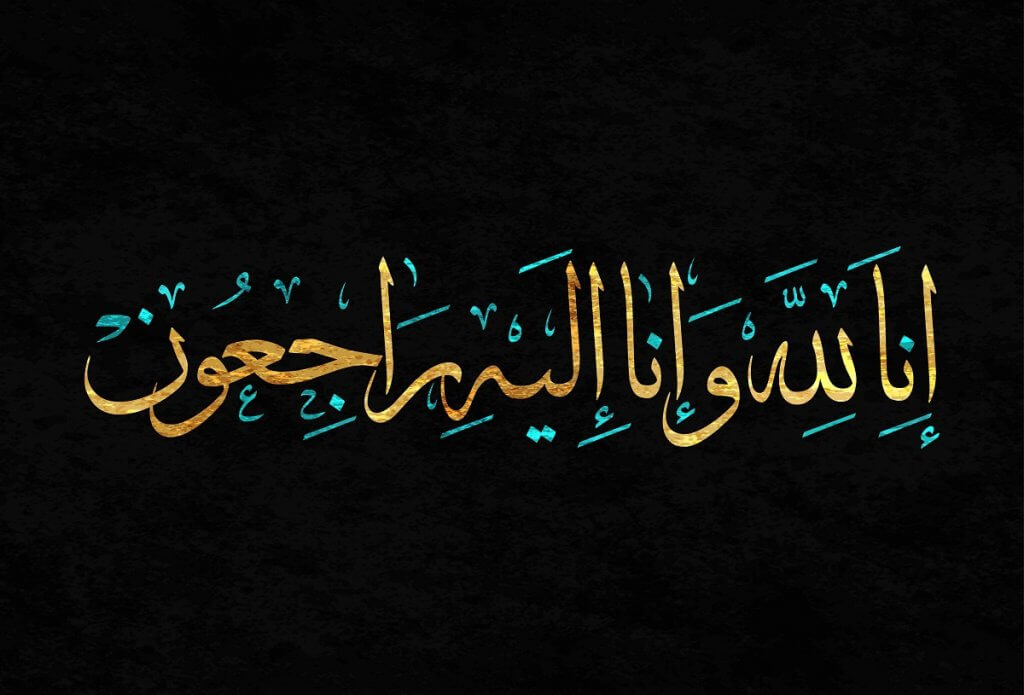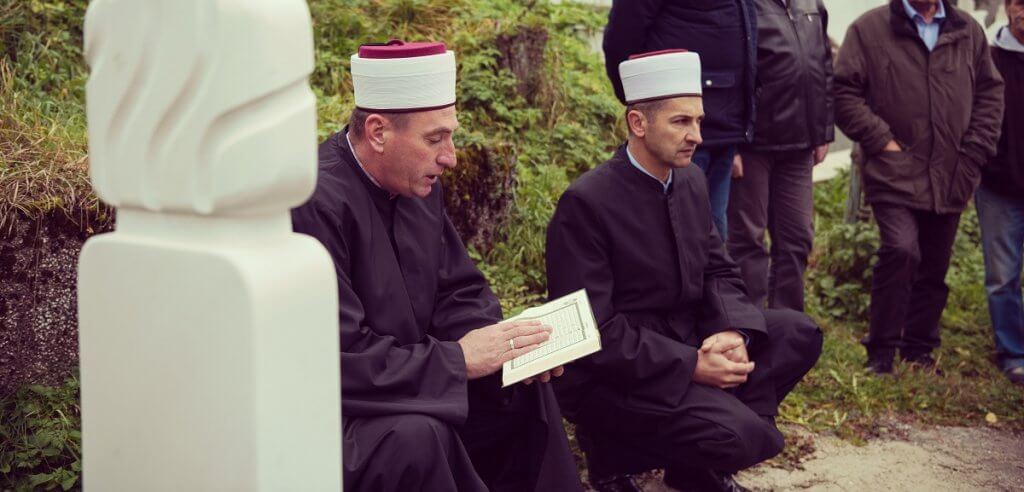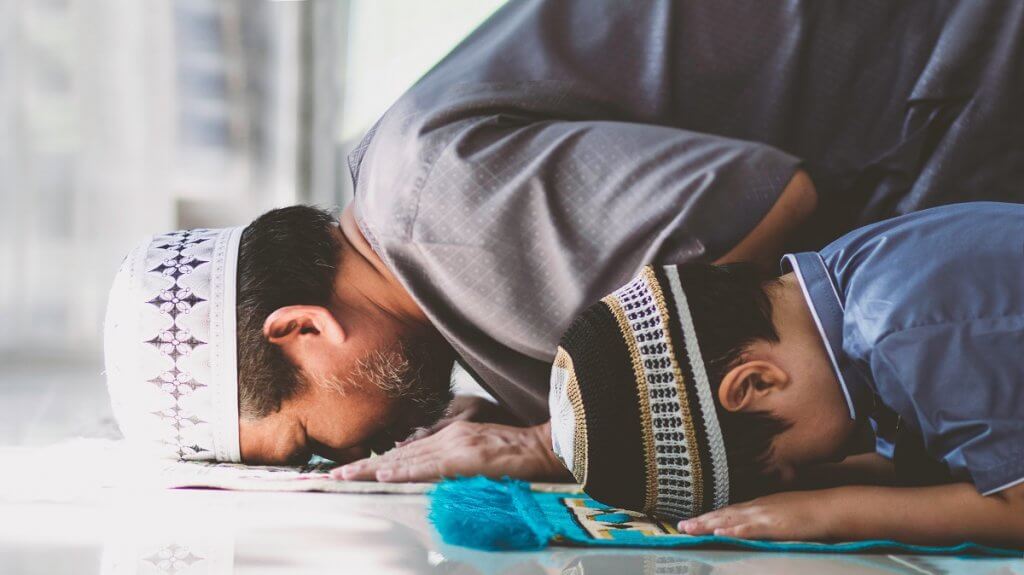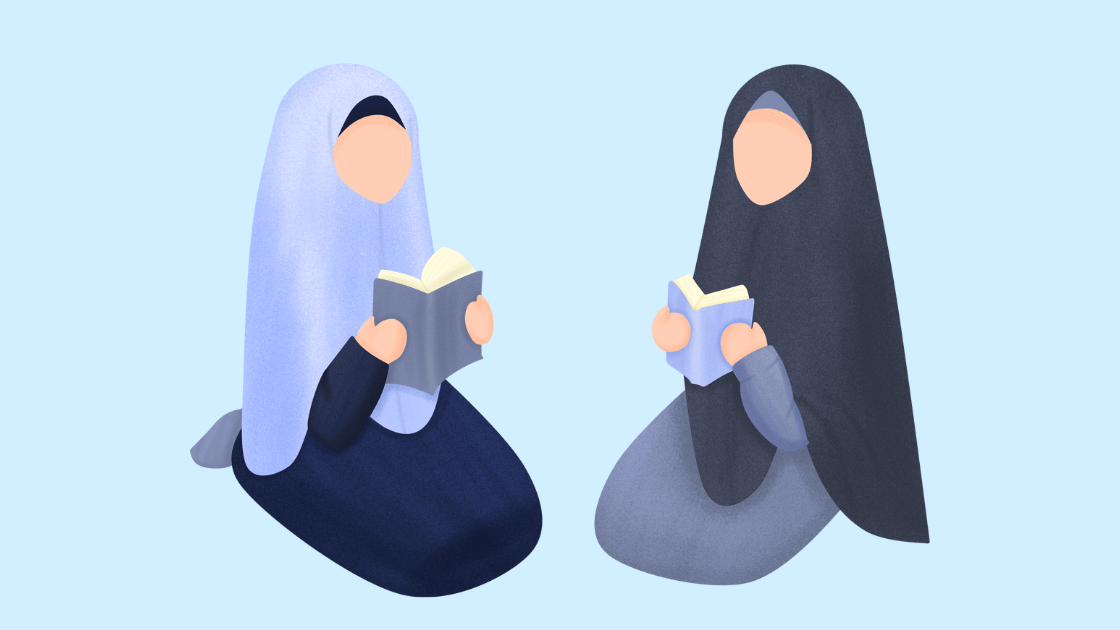When someone of the Muslim faith dies, fellow Islamic believers gather together to offer prayers for the deceased’s forgiveness. The prayers are the equivalent of Muslim funeral readings. Praying the Salat al-Janazah or Janazah prayer, the main funeral prayer, is very important for the deceased and the Muslim community who will incur a sin if they neglect this very important obligation.
Muslim funerals for those who follow Islamic beliefs differ from those of other faiths. Sections from the Quran, the holy book, are integral to the funeral but these are not so much read as prayed. Muslim funeral readings used as prayers and supplications are a mandatory part of the ritual.
A Muslim funeral service will typically happen very quickly to ensure a Muslim burial within 24 hours of death, if possible. In Muslim tradition, the family members are accustomed to a ritual washing of the body that many funeral homes in America are unfamiliar with. Finding a funeral director who can help the family skirt the balance between their religious beliefs and what happens in other religions can be challenging.
Muslim funerals also look quite different in regards to readings and prayers done as part of the service.

Table of Contents
Why Are Readings Done At Funerals?
Readings are done at funerals for multiple reasons, such as to offer comfort to those in attendance. In other religions, any reading or praying that is done happens according to tradition and religious belief. In the Muslim faith, readings are not done in the sense that they are at other funerals.
Muslim funerals are mostly silent affairs and are very brief. The main portion of the funeral service is the recitation of the funeral prayers. The prayers are led by the Imam, or prayer leader, and family and friends say most of the prayers to themselves.
After the Person Dies
Immediately after a Muslim dies, family and friends gather to ask Allah to forgive the sins of the person who has passed away. This practice is referred to as “dua.” Next is a ritual cleansing of the body, where the body is washed at least three times. The washing and shrouding of the body is called Ghusl. While it can be cleaned more than that, the number of cleanings must be an odd number.
The privacy of the deceased is essential. The Auwra, or private parts, of the body, are covered at all times. The body is shrouded in three white sheets called the Kafan and tied with rope. At that point, the deceased person is ready for the funeral rites to begin.
According to tradition, the body of the deceased is not subjected to embalming, and the faith also prohibits cremation.
What Are The Sources Of Readings and Prayers For Those Of The Muslim Faith?
Each day Muslims say at least five prayers each day. At a funeral, the Imam at the mosque faces toward Mecca. He has his back to those in attendance at the funeral and is facing the body, which is placed in front of him. The prayers said at the funeral are very similar to the five prayers said at other times of the day. Muslims read parts of the Quran, which is the sacred text of Islam.

What Funeral Readings and Prayers Are Traditional In The Muslim Faith?
During a Muslim funeral, the central prayer is the Salāt al-Janāzah. Muslims of the congregation say this prayer in order to both seek pardon for the deceased and any deceased Muslims. The prayers include the Takbir, an Arabic phrase “Allāhu ʾakbaru,” (or Allahu Akbar), which means “Allah (God) is the greatest. This prayer is intoned four times.
In praying the Janazah, the congregation seeks pardon for the sins of the deceased and all dead Muslims. If no one says the prayer, the whole community will be accountable, so it is vital that at least some members of the faith fulfill the obligation.
The four supplications for the deceased include the following text:
In the name of Allah, the Entirely Merciful, the Especially Merciful. [All] praise is [due] to Allah, Lord of the worlds – The Entirely Merciful, the Especially Merciful, Sovereign of the Day of Recompense. It is You we worship, and You, we ask for help. Guide us to the straight path – The path of those upon whom You have bestowed favor, not of those who have evoked [Your] anger or of those who are astray.
O Allah, let Your Peace come upon Muhammad and the family of Muhammad, as you have brought peace to Ibrahim and his family. Truly, You are Praiseworthy and Glorious. Allah, bless Muhammad and the family of Muhammad, as you have blessed Ibrahim and his family. Truly, You are Praiseworthy and Glorious.
‘O Allah, forgive our living and our dead, those present and those absent, our young and our old, our males and our females. O Allah, whom among us You keep alive, then let such a life be upon Islam, and whom among us You take unto Yourself, then let such a death be upon faith. O Allah, do not deprive us of his reward and do not let us stray after him’.
The supplications are often very specific based on who has passed away. There are prayers said for a deceased child based on gender, and prayers for adults by gender.
A prayer said for an adult:
“O. Allah, forgive our living ones and our deceased ones and those of us who are present and those who are absent, and our young ones and our old ones and our males and our females.
O Allah those of us whom Thou grantest life, keep them firm on Islam, and those of us whom Thou causest to die, cause them to die in the faith. Deprive us not, O Allah, of the benefits relating to the deceased and subject us not to trial after him.”
A prayer for a deceased young boy:
“O Allah, make him our forerunner, and make him, for us, a reward and a treasure, and make him for us a pleader and accept his pleading.”

Incorporating The Quran In Muslim Funeral Readings
Parts of the Quran are incorporated into the funeral prayer.
The Surah Al-Fatiha (Ch 1) is the first Chapter of the Holy Quran, also referred to as The Opening. This prayer is often recited when the person is dying, after they have passed, or at the funeral.
Three more prayers that are recited at funerals are Surah Al-Ikhlas (Ch 112), Surah Al-Falaq (Ch 113) & Surah An-Naas (Ch 114). These are the last three Chapters of the Quran. Reading the Surah Al-Ikhlas (Ch 112) is said to be three times the equivalent in reward of reciting the entire Quran and results in blessings. The intent is that the reward or blessing will go to the deceased.
The “heart of the Quran,” Surah Yaseen (Ch 36) is meant to ease the pains of death. Sometimes this prayer is used with a dying person when they are close to death.
Body language is important in saying Muslim funeral prayers. Depending on local practice, Muslims must first raise their hands level with their ears and then fold the hands underneath the navel. At the end, they must move their head either by nodding to either to the right or left and right, depending on local practice.

Are the Same Readings or Prayers Always Selected?
The funeral rites for Muslims are required. Most other faiths offer some choice. In other words, unlike in some religions where the family can choose the readings for the funeral of their loved one, that is not true of Islamic funerals. Those who follow the Islamic faith understand that.
What To Wear to a Muslim Funeral
If you are a mourner attending a Muslim funeral and are unfamiliar with the customs, know that Muslims generally wear white to funerals or drab, dark colors.
Women’s clothing should cover your whole body except for the face and hands. An ankle-length skirt, long sleeve shirt, and headscarf are appropriate attire for female guests, even non-Muslim people.
Muslim Period of Mourning
The Muslim period of mourning is three days, and during that time, most families stay together where they receive guests who are coming to pay their condolences. You can pay your respects and offer your support for their loss in the form of a sympathy card, by sending a note, or by visiting. It is fine to bring food to the grieving family. Just make sure the food is halal or permitted food.
If, after reading this article on Muslim Funeral Readings, you are interested in what other faiths use as readings in their funeral services, check our companion articles:
Jewish Funeral Readings

